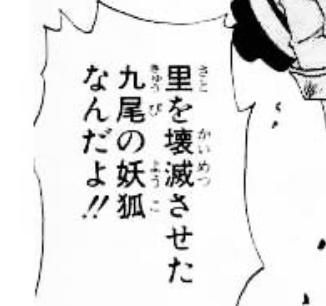のだ (noda), or its contracted form んだ (nda), is an auxiliary verb that is used for:
- Expressing a reason or an explanation
- For emphasis
のだ to express a reason or explanation
Let's see a simple example to understand the use of のだ.
A friend of yours asks you if you can would like to come for a drink, but you explain that you have an exam and you can't:
明日の飲み会に行けないの?
Can't you come for a drink tomorrow?
月曜日は試験があるんだ。
I have an exam Monday.
As you can see, in answering the question んだ is used at the end of the sentence.
んだ usually cannot be translated with any words, it mainly changes the nuance in meaning of the sentence (explanation)
んだ expresses the fact that the answer implies an explanation. In fact, the phrase I have an exam Monday. is used to explain the reason why you can't come.


だ / です and のだ
This use of のだ expresses a similar meaning to だ (da) or です (desu) when taken individually (express a reason, to be).
The addition of の serves to accentuate the fact that what we say is a reason or explanation, giving more emphasis to this meaning.
Use of んです: audio and explanation
0:00.00
-1:0-1.00
A young girl is leaving for Korea.
今はね、関空にいるんですけど、これから韓国に行ってきます。
I'm at the Kansai Airport at the moment, but I'm going to Korea now.
The Japanese girl is giving emphasis to the fact that she is at the airport of Kansai at the moment and is about to leave for Korea. The form we heard: んですけど is very common in conversational contexts and we can also find the similar form んですけれども. 関空 Kankū is the shortened form of 関西国際空港 Kansai Kokusai Kūkō, the Kansai International Airport.
のだ to express emphasis
のだ is also used to express emphasis. It can be interpreted as an exclamation (adding the exclamation point !).
それは嘘なんだ!
This is a lie!
Similar grammar points in Japanese 📚
から
から (kara) Meaning Japanese Grammar - Because
だけ
だけ (dake) Meaning Japanese Grammar - Only
たりする
たりする (tari suru) Meaning Japanese Grammar - Do Such Things as A, B Etc
ちがう
ちがう (chigau) Meaning Japanese Grammar - No
まだ
まだ (mada) Meaning Japanese Grammar - Still
ないでください
ないでください (naide kudasai) Meaning Japanese Grammar - Please Do Not Do